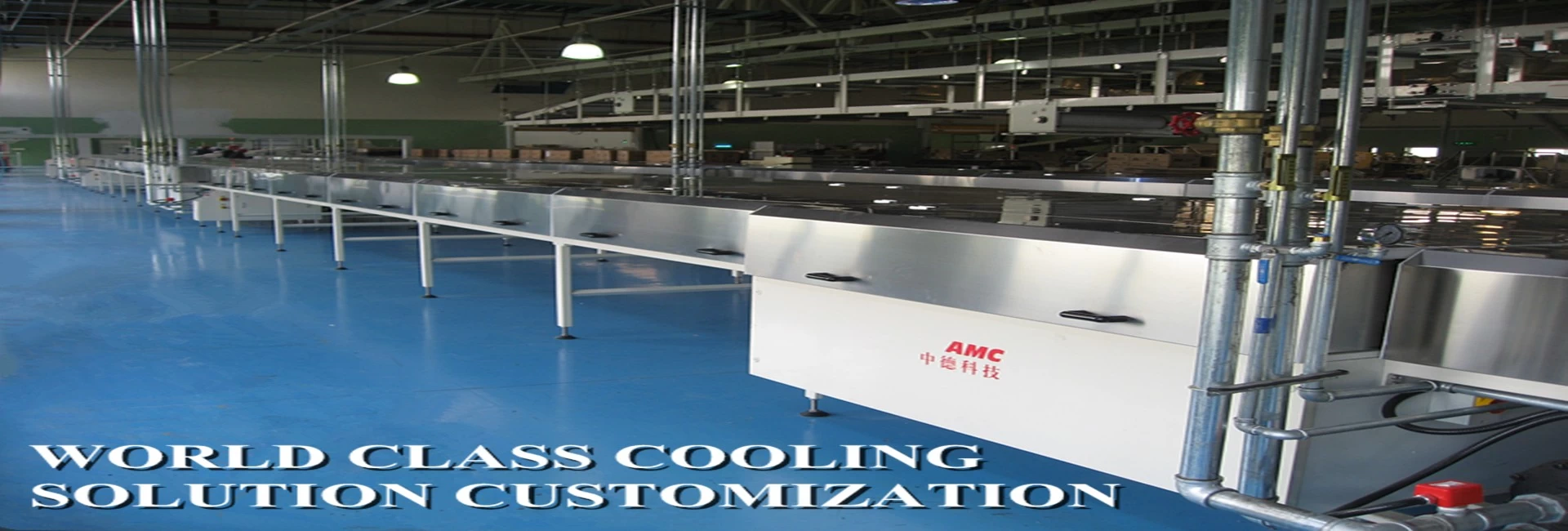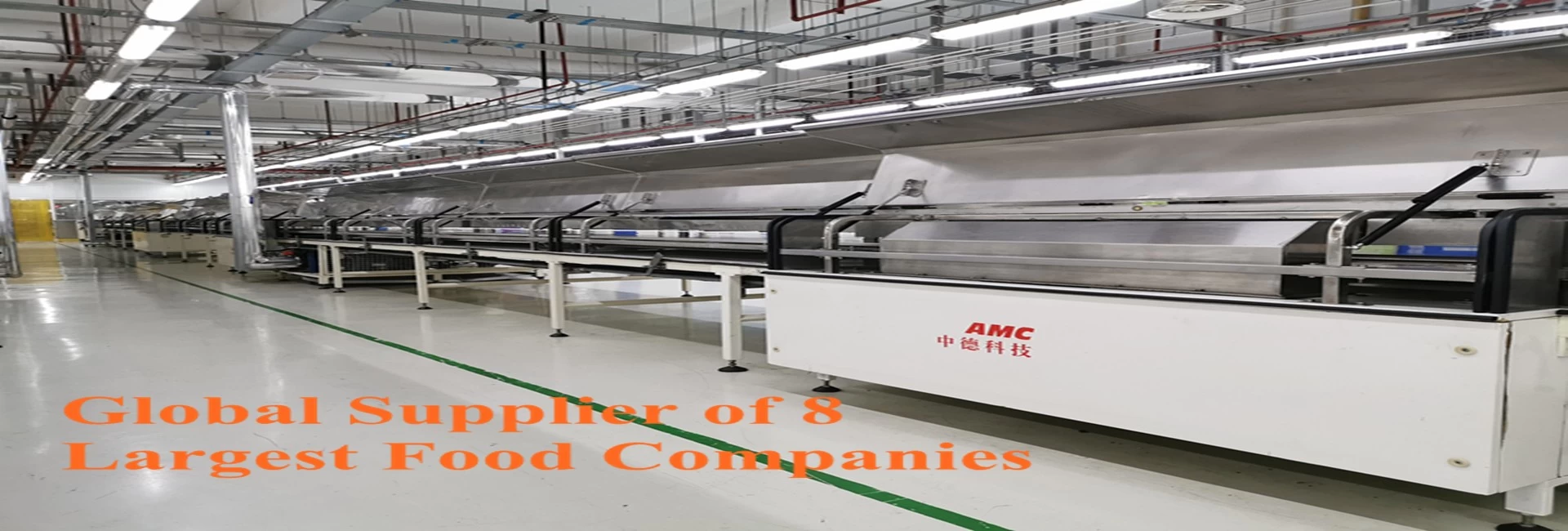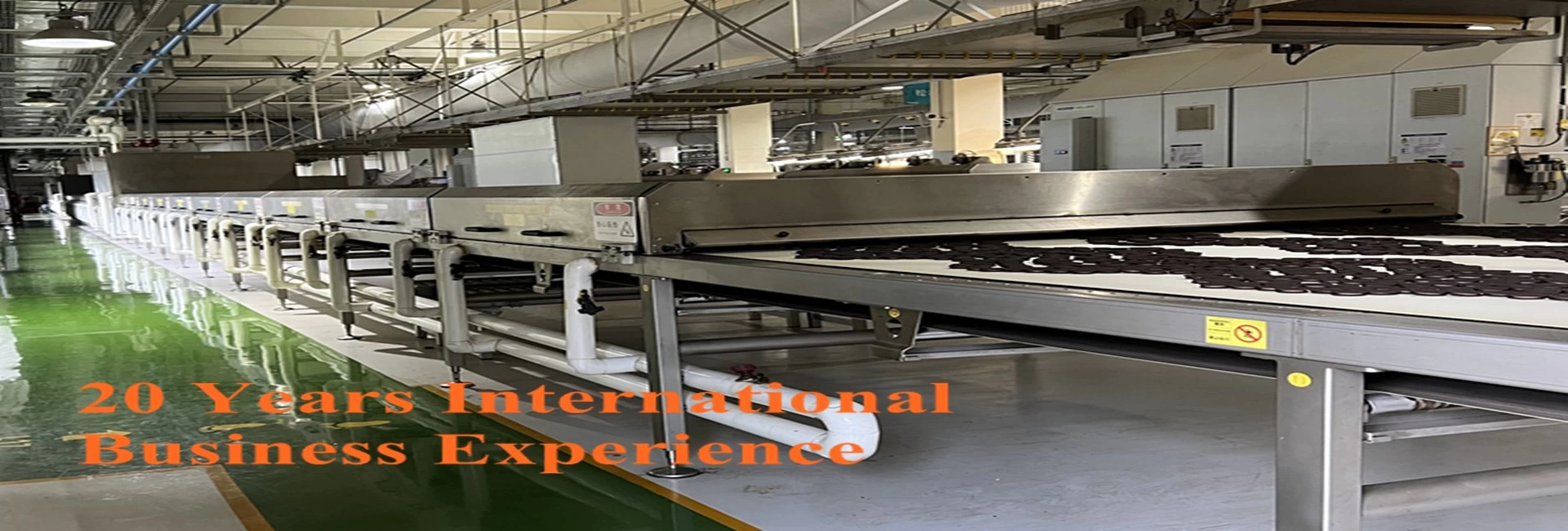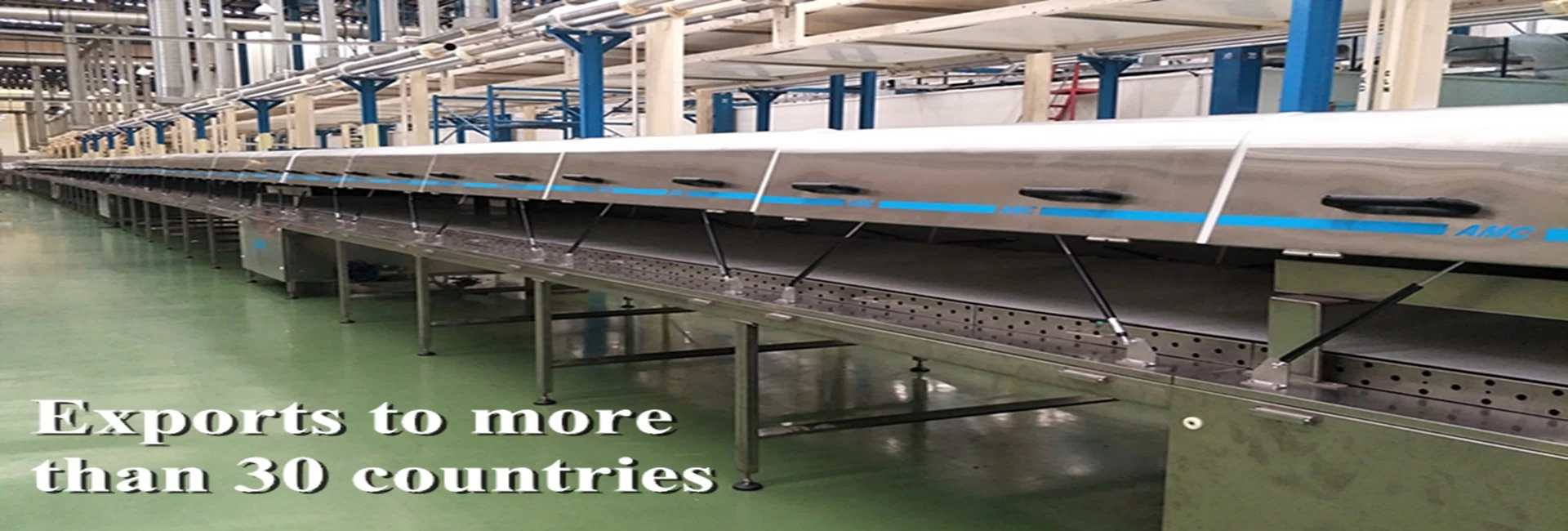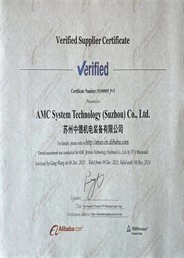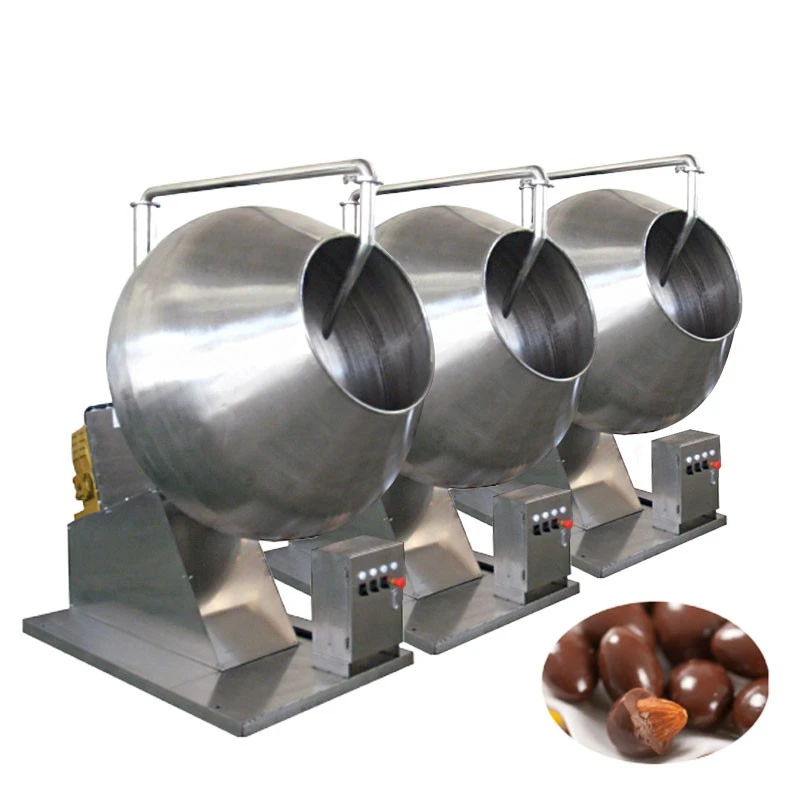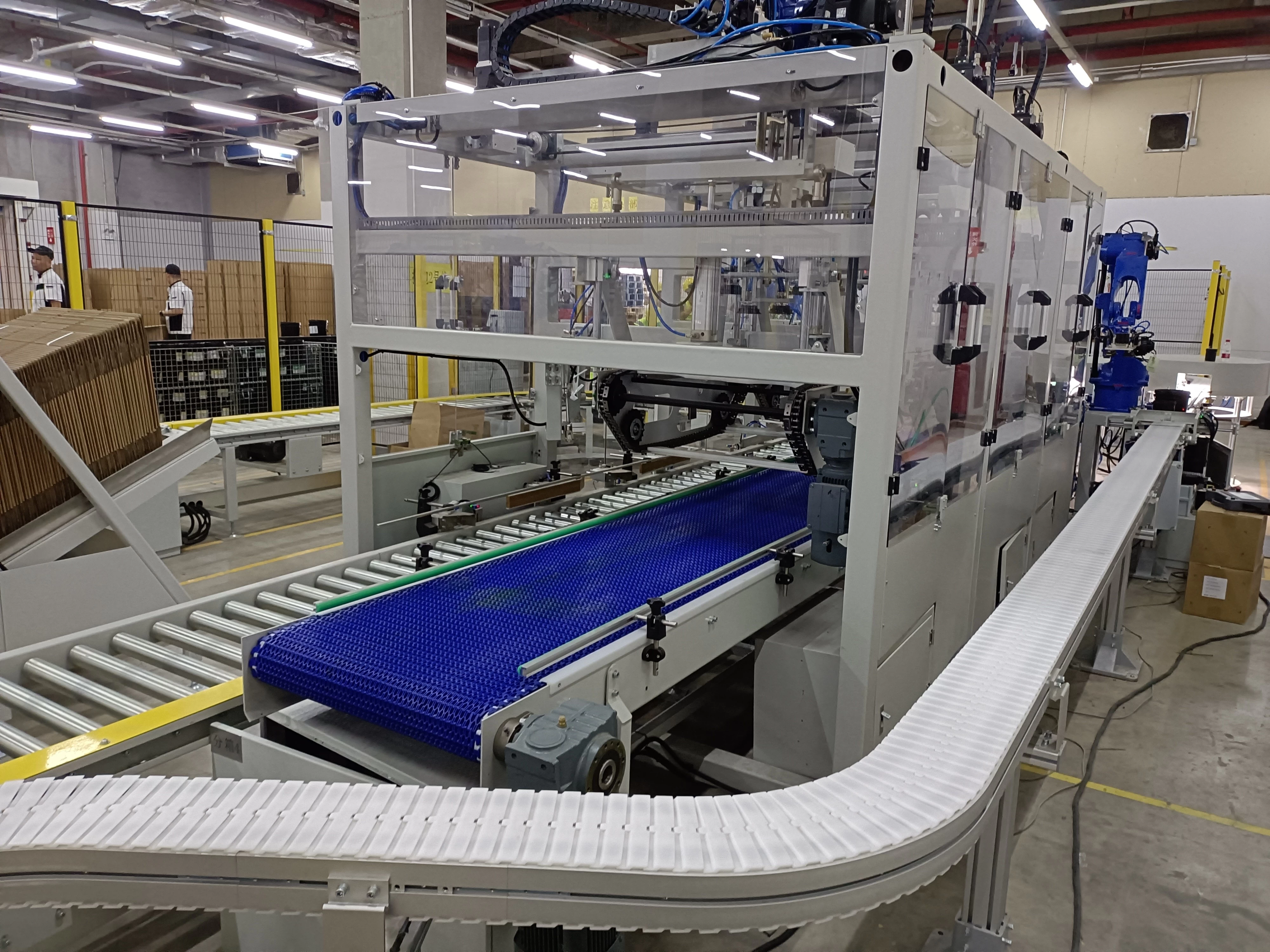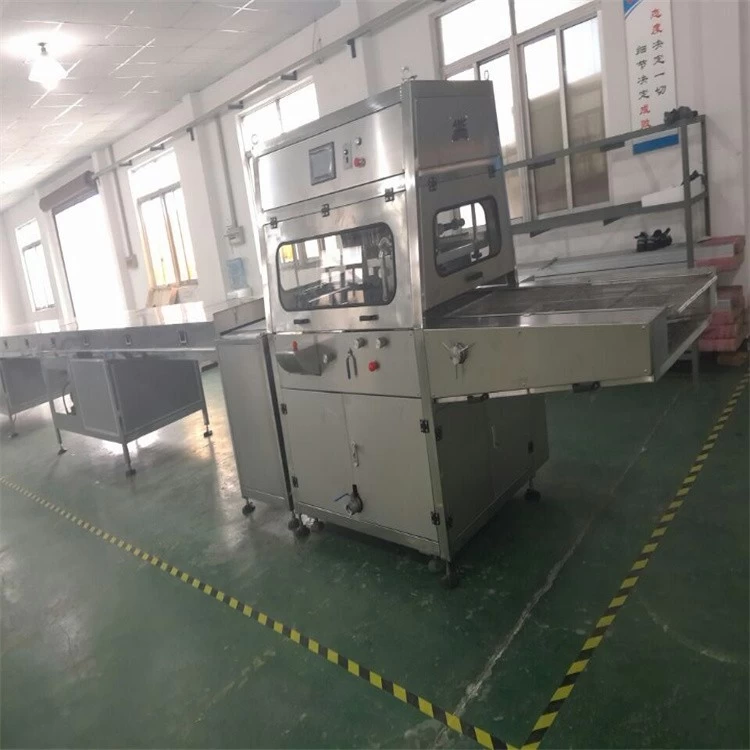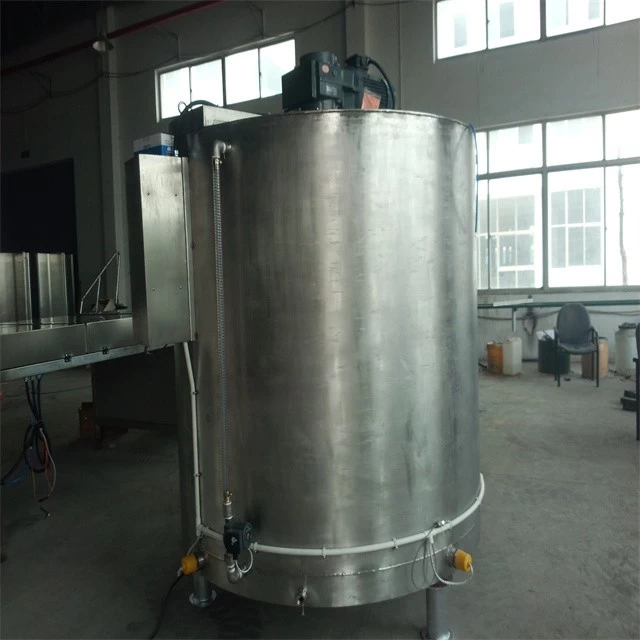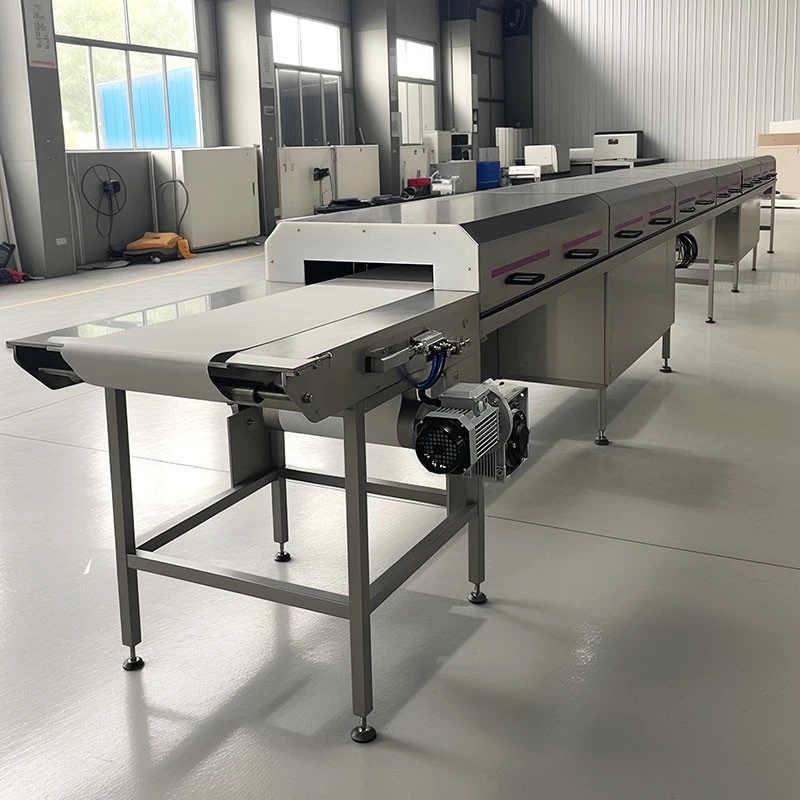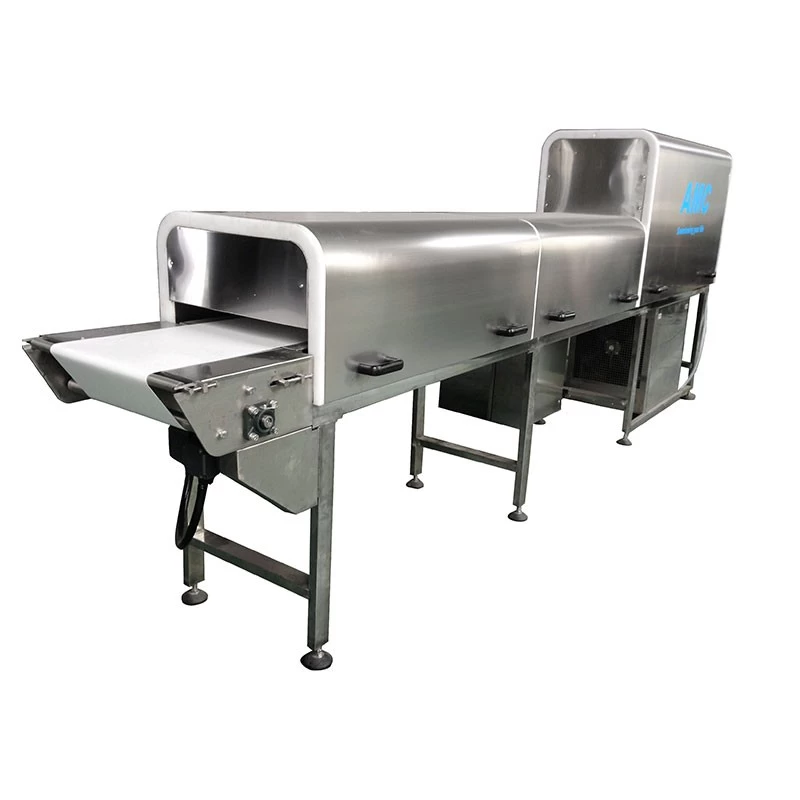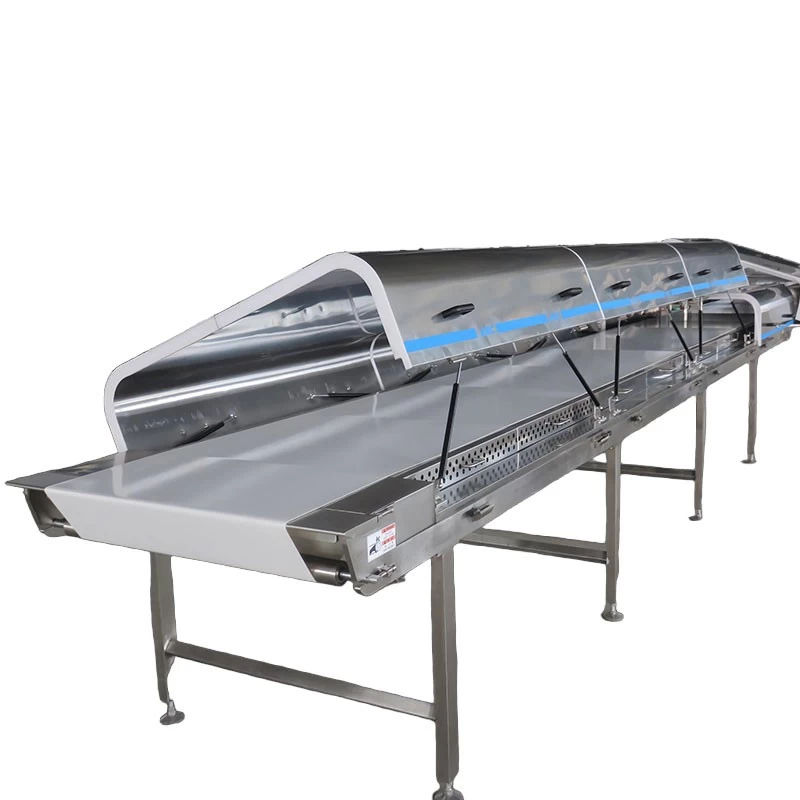Why are cooling tunnels becoming more popular with food factories
There are several reasons why AMC high performance cooling tunnel are becoming more popular in food processing plants:
1. High efficiency : The cooling tunnel can quickly cool the food from high temperature to the required low temperature in a short time, which can improve production efficiency. This is important for the food processing industry, which requires rapid cooling.
2. Food quality assurance : Rapid cooling can effectively slow down the reproduction rate of microorganisms in food, extend the shelf life of food, help to maintain the freshness and taste of food, and reduce the risk of food deterioration.
3. Energy saving and environmental protection: Compared with traditional cooling methods, cooling tunnels can use energy more effectively and reduce energy waste. Some modern cooling tunnels also use energy-saving technologies, such as waste heat utilization and circulating cooling systems, making the entire cooling process more environmentally friendly.
4.Easy operation: The cooling tunnel can usually be adjusted according to the different needs of food, and the operation is relatively simple. The food factory can flexibly adjust the parameters of the cooling tunnel according to the production demand to improve the flexibility of production.
In summary, AMC high performance cooling tunnel is favored in food processing plants mainly because of its high efficiency, ability to ensure food quality, energy saving and environmental protection, and easy operation. These characteristics make it one of the indispensable and important equipment in the food production process.

